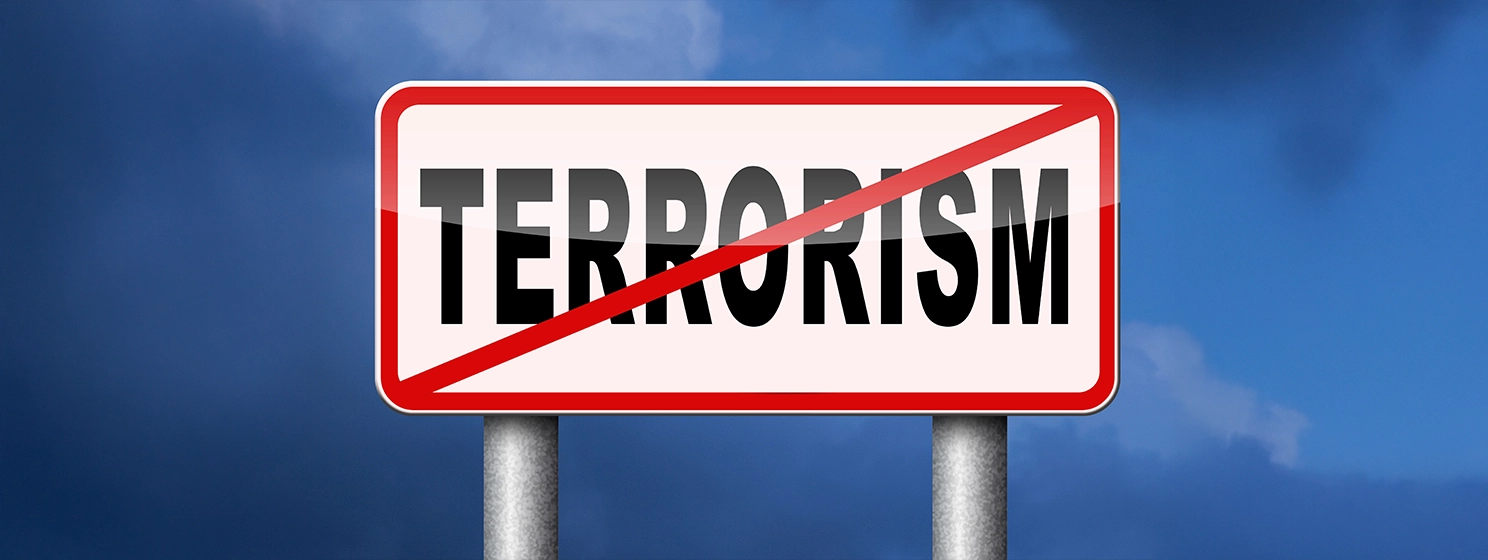|
Getting your Trinity Audio player ready...
|
For 24 hours just over a week ago, residents of three regions in Southern Russia were unable to access the global Internet after the government cut them off as part of a trial on the creation of a purely internal Internet.
Local media sources revealed that residents of Dagestan, Chechnya, and Ingushetia could not access Internet resources hosted outside the country. Some local applications were also disrupted, including the leading taxi-hailing service Yandex Go.
Roskomnadzor, the Russian mass media watchdog, owned up to the disruption later after some Internet service providers released statements distancing themselves from the shutdown. One Internet service provider (ISP) told users that the restrictions to “certain sites and services” were due to “the ongoing Roskomnadzor exercises to develop scenarios for disabling access to the foreign segment of the internet.”
Russian Internet users are no strangers to Internet restrictions. The government started by cutting off access to popular Western apps and sites like YouTube, Google (NASDAQ: GOOGL), WhatsApp, and Facebook (NASDAQ: META). It then began cracking down on foreign media, which it accused of undermining the Kremlin and, later on, any other dissenting voice. When Russians turned to virtual private networks (VPNs), the government outlawed them and forced Google and Apple (NASDAQ: AAPL) to take them off their app stores. Today, disseminating information about how to access a VPN in Russia is outlawed.
However, the most recent crackdown in the three southernmost regions is one of the most extreme. Residents could not access the global Internet, even through VPNs or other workarounds.
And it’s bound to get worse, with the government reportedly allocating $660 million over the next five years to refine the web censoring system, known locally as TSPU. This is a significant figure, given the budget for the entire Roskomnadzor—which is tasked with implementing the system—was just $350 million last year.
Just days after the global Internet blackout in the southern region, the government announced a ban on Viber, the instant messaging app owned by Japanese giant Rakuten.
“Access to the Viber service is restricted due to the violation of the requirements of Russian legislation for organizers of information dissemination,” Roskomnadzor announced late last week.
“Compliance with the requirements is necessary to prevent threats of using the messenger for terrorist and extremist purposes, recruiting citizens to commit them, selling drugs, as well as in connection with the posting of illegal information,” it added.
Viber boasts over 1.2 billion global users, with over 800 million monthly active users. It now joins several other global platforms banned in Russia, from WhatsApp and Discord to WeChat and Microsoft Teams (NASDAQ: MSFT).
Watch: Building more trustworthy internet of the future with Metanet

 09-16-2025
09-16-2025 





